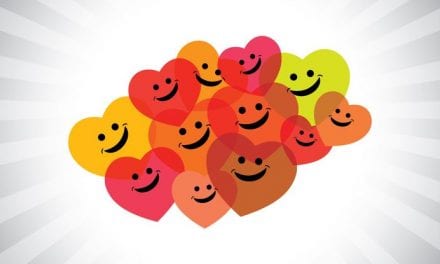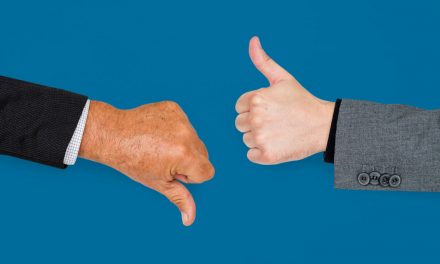By Steve Moran
It has taken me years to come to terms with the reality that I am in the category of old. I know how old I am (68). I don’t really feel it, though I guess I am not sure how I am “supposed” to feel. I do know that I was recently asked when I turned 60, and that did feel super good. I know I have a long list of things I still want to do.
More and more I realize that we don’t actually have very good models for getting old. This is particularly true when passing the traditional retirement age.
Building a Network
Thousands of books and millions of articles have been written about how to build a network, and when you are younger it happens in two ways: There are a group of professionals that are often about your age and stage in a career that you become friends with and bond with, and who over time become a support network. The other thing you do is look around at older leaders, connect, and forge bonds with them as mentors and thought leaders.
Doing this when you are younger while not really thinking about it, you sort of assume these older leaders will be there forever and the relationships will continue to grow for as long as you are in business, and honestly this is the way it works for most people.
Here is where it gets weird for me. … It is all of a sudden all backward.
It seems as if every day, I find out that another one of those old connections, old relationships, has retired or worse. I now find myself realizing that I have this unique, wonderful opportunity to build new, fresh relationships with young leaders, which is in some ways harder to do than when young leaders look to forge bonds with older leaders.
Is It Ageism?
This ageism problem is a funny thing. Most of the time when I hear outraged charges of “ageism,” I yawn because it ignores the reality that as we age, there are things that don’t work as well. This means jokes about growing older are simply funny. Or I will see older people who have a hard time finding a new job and think I wouldn’t hire them either, not because they are old, but because they are not qualified or have not kept up their skills or have a bad attitude.
So not ageism exactly, but when we look at people, we evaluate them in a moment and mostly at an unconscious level. We look at how they look, how they are dressed, how they carry themselves and their age, then make some nearly instant judgments about them. Mostly they are judgements that are lightly held, meaning that when you get to know someone it is easy to revise your initial impressions.
But it makes it harder to start the conversation.
Both Ways …
It goes both ways. Those of us who are older pretty much do the same thing with younger people. Right now I find myself struggling at times to figure out who I can help, who is leading the pack, who I want to network with — who are those people who are going to carry our industry into the future in amazing and wonderful ways.
So … who should I be paying attention to? Who should I be connecting with?








